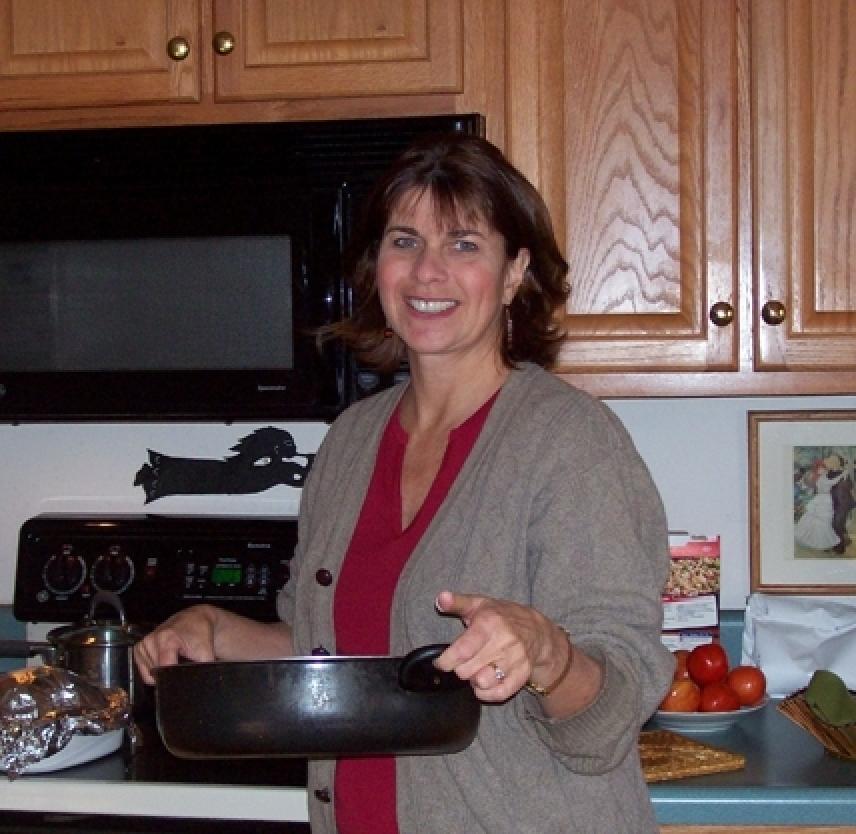
For many months after a loved one’s traumatic brain injury, caregivers will hear endless versions of the question, “How are you?”
“How’s it going?”
“How are you managing?”
“You look tired; are you alright?”
Many will answer, “I’m Fine.” This was the answer I delivered most often, since the truth would take too long, hurt too much to reveal, and I didn’t want to sound like a sad sack or a whiner.
Luckily, many of my family and friends watched as well as listened. They saw my pale face, my tired eyes, and stiff shoulders. They left beautiful notes in my mailbox, and gifts on my porch. Some even stopped asking questions and changed over to statements:
“I’ll pick the girls up from dance for you tonight.”
“I booked you for a massage at 10 a.m. on Thursday. Be there.”
“I made too much baked ziti. Here’s some for you.”
And one wonderful man, who also happens to be our dentist, said nothing. Instead, he just showed up and mowed our lawn — several times!
I remember every one of these simple acts of kindness; they form the building blocks of my life, the moments I reflect on most often when I need a lift. A hand held for comfort, a home cooked meal lovingly prepared, or a favor fulfilled when it’s most needed, can heal as well as any medicine.

Comments (6)
Please remember, we are not able to give medical or legal advice. If you have medical concerns, please consult your doctor. All posted comments are the views and opinions of the poster only.
Anonymous replied on Permalink
Anonymous replied on Permalink
Anonymous replied on Permalink
Anonymous replied on Permalink
Anonymous replied on Permalink
Anonymous replied on Permalink